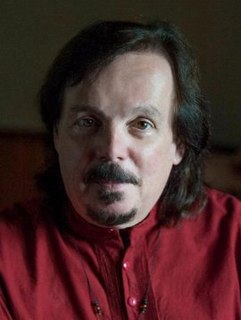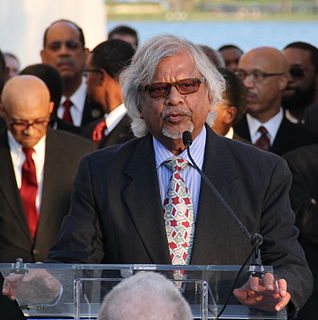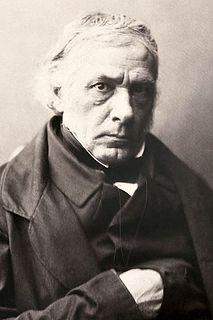A Quote by Vincent Van Gogh
Try to walk as much as you can, and keep your love for nature, for that is the true way to learn to understand art more and more. Painters understand nature and love her and teach us to see her. If one really loves nature, one can find beauty everywhere.
Related Quotes
When I listen to love, I am listening to my true nature. When I express love, I am expressing my true nature. All of us love. All of us do it more and more perfectly. The past has brought us both ashes and diamonds. In the present we find the flowers of what we've planted and the seeds of what we are becoming. I plant the seeds of love in my heart. I plant the seeds of love in the hearts of others.
So many people around the world have used nonviolence as a way to resolve a conflict that they faced in their lives. And they continue to use it everywhere all over the world there. And I think, in a way, nonviolence is our nature. Violence is not really our nature. If violence was our nature, we wouldn't need military academies and martial arts institutes to teach us how to kill and destroy people. We ought to have been born with those instincts. But the fact that we have to learn the art of killing means that it's a learned experience. And we can always unlearn it.
Art is the child of Nature; yes, Her darling child, in whom we trace The features of the mother's face, Her aspect and her attitude, All her majestic loveliness Chastened and softened and subdued Into a more attractive grace, And with a human sense imbued. He is the greatest artist, then, Whether of pencil or of pen, Who follows Nature.
Nature! We live in her midst and know her not. She is incessantly speaking to us, but betrays not her secret. We constantly act upon her, and yet have no power over her. Variant: NATURE! We are surrounded and embraced by her: powerless to separate ourselves from her, and powerless to penetrate beyond her.
Her concern with landscapes and living creatures was passionate. This concern, feebly called, "the love of nature" seemed to Shevek to be something much broader than love. There are souls, he thought, whose umbilicus has never been cut. They never got weaned from the universe. They do not understand death as an enemy; they look forward to rotting and turning into humus. It was strange to see Takver take a leaf into her hand, or even a rock. She became an extension of it, it of her.





































